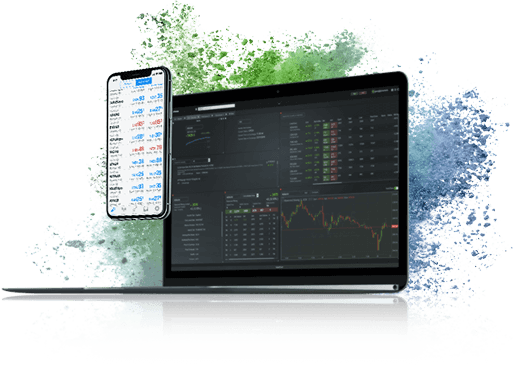Top Factors that Differentiate Forex Trading and CFD Trading
Both Forex and Contracts for Difference (CFD) are popular investment options for traders around the world. They are both attractive and can lead to great returns in the financial markets. However, many traders are stuck between the two, not knowing which is a better trading option.
The simple answer to this is that there is none that is better than the other. A trader simply needs to understand the market demands for both to decide which way to go. Regarding this, we will share a comprehensive review of the two trading options.
What the Forex and CFD Markets Look Like
Forex is one of the oldest forms of trade in the financial market. It spans back hundreds of years ago. Currently, it records a trading volume of $6.6 trillion every day, making it the largest financial market in the world. With its high amount of daily trading volume, many people have gotten rich quickly. It is also important to note that its volatility also makes it easy to lose money fast.
On the other hand, CFDs are not so old as forex; they date back to the early 1990s. But This does not mean they are not very popular. Being an innovative trading instrument is what makes it popular amongst modern investors.
Factors the differentiate forex and CFDs
Select of instruments
The main factor that differentiates the two is the fact that forex has a limitation to currencies as its form of exchange. On the other hand, CFD contracts are not limited to a single asset.
In forex, there are 8 major currencies that account for a majority of the trading volume in the financial market. If you add other minor and exotic currencies, you can have more than 40 currencies traded on a brokerage platform. You can start on a forex trading demo account South Africa to familiarize yourself with the currency pairs before you risk your money. This will reduce the risk of losing real money when practicing. In CFDs, assets such as equities, commodities, and indices are traded, giving traders a widened investment portfolio.
Contract sizes
The contract size in forex is fixed. The standard lot is 100,000 units of currency, which cannot be changed. But some brokers can offer mini, micro, and nano lots to accommodate a wider market. CFDs are more flexible with a wide range of contract sizes. There is variation depending on the chosen instrument.
Market influence
Traders make their money based on price movements as affected by various market factors. In forex, global economic newscan shift prices. Price fluctuation in forex can be affected by a wide range of news events including politics and environmental factors. On the other hand, CFDs rely on specified factors that affect the specific instruments traded.
Cost
They both rely on spread; though CFD trading may incur extra costs. For example, if a position is held overnight, it may attract overnight charges. Forex doesn’t have other charges apart from spread or commission.
Which way is better for a trader?
If you know how forex works and how CFDs are traded, you can decide which one suits you. The most important thing for a trader is to determine his/her trading goal. Once you are certain, check the differences here and decide which is suitable for your investment needs.
FinancesGlad is India’s fastest growing online publication Blog for Entrepreneurs, Small business, Bloggers and personal finance experts.

